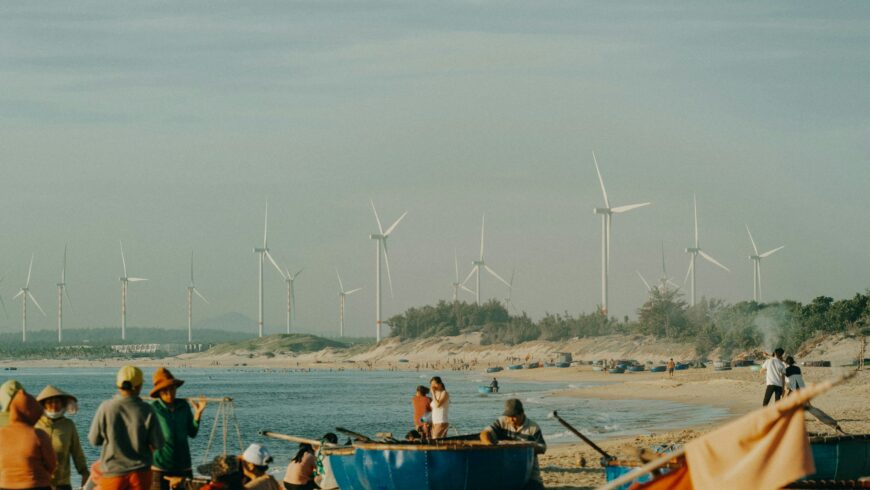In a world where tourism is globalized and has a significant relevance, the concept of sustainable tourism emerges. This term arises due to the increasing negative impacts of tourism on destinations. such as environmental degradation, loss of sociocultural identity and economic imbalance. As a result, it becomes necessary to link tourism with the idea of sustainability.
But, what does sustainable and responsible tourism really mean? How can we contribute to sustainable development?
Sustainable tourism is focused on three main pillars:
Social pillar
This pillar refers to the importance of respecting and preserving the idiosyncrasy and traditions of local communities. Travelling in a socially sustainable way means empathizing with the residents of the destination, understanding their lifestyle, learning about their customs, participating in cultural activities that are ethical and responsible. In short, it is about respecting and supporting the local population as if we were the residents of that destination.
Economic pillar
This pillar is crucial for generating fair and equitable financial benefits for the destination. This includes creating job opportunities, aiding local businesses and preventing potential risks of the establishment of big companies. As travellers, we can contribute economically by looking for activities organised by local guides, eating at traditional bars and restaurants, or choosing accommodations managed by individuals, ensuring that the benefits go directly to the destination and its residents.
Environmental pillar
This pillar focuses on protecting the environment and reducing the carbon footprint of tourism activities. Water and energy conservation, waste reduction, promoting sustainable transportation and accommodations are some of the concrete actions related to this pillar. For instance, travellers can help by staying at places that use renewable energy, using eco-friendly means of transport like bicycles, and avoiding activities that harm the natural environment. Small choices, such as reusing a plastic bottle or paying attention to environmental regulations, can make a big difference.

On the whole, sustainable tourism is not just a trend, it is a type of tourism that operates in the present so that future generations can continue to enjoy this rewarding leisure activity. Travelling is always an opportunity to learn, connect and make a positive change. As tourists, we have the power to help the planet and guarantee that our life on it is as good as possible.
Cover image: photo by Vlad Hilinatu via Unplash




